- UK government will accelerate the deployment of clean energy such as wind, advanced nuclear, solar and hydrogen
- UK clean energy projects listed as top areas of investment in technologies such as unsubsidised renewables, low-carbon hydrogen and carbon capture and storage
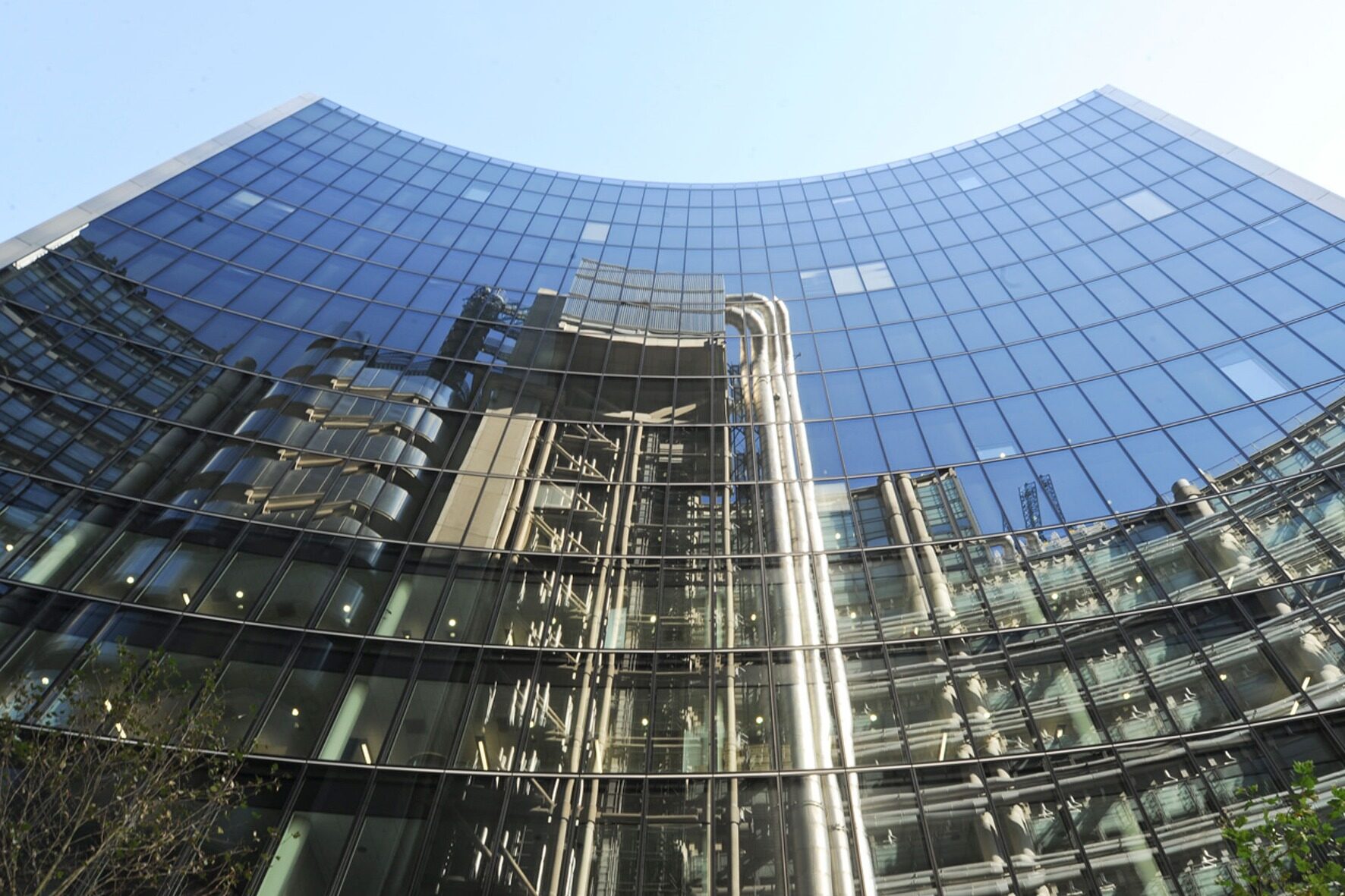
The UK Infrastructure Bank was launched in 2021, with Chancellor Rishi Sunak promising to inject billions of pounds into the UK's net-zero transition. The Leeds-based bank first secured £22bn in financial capacity; £10bn in government guarantees, £8bn in debt and equity and £4bn in local government loans. It aims to help unlock at least £40bn of investment from the private sector.
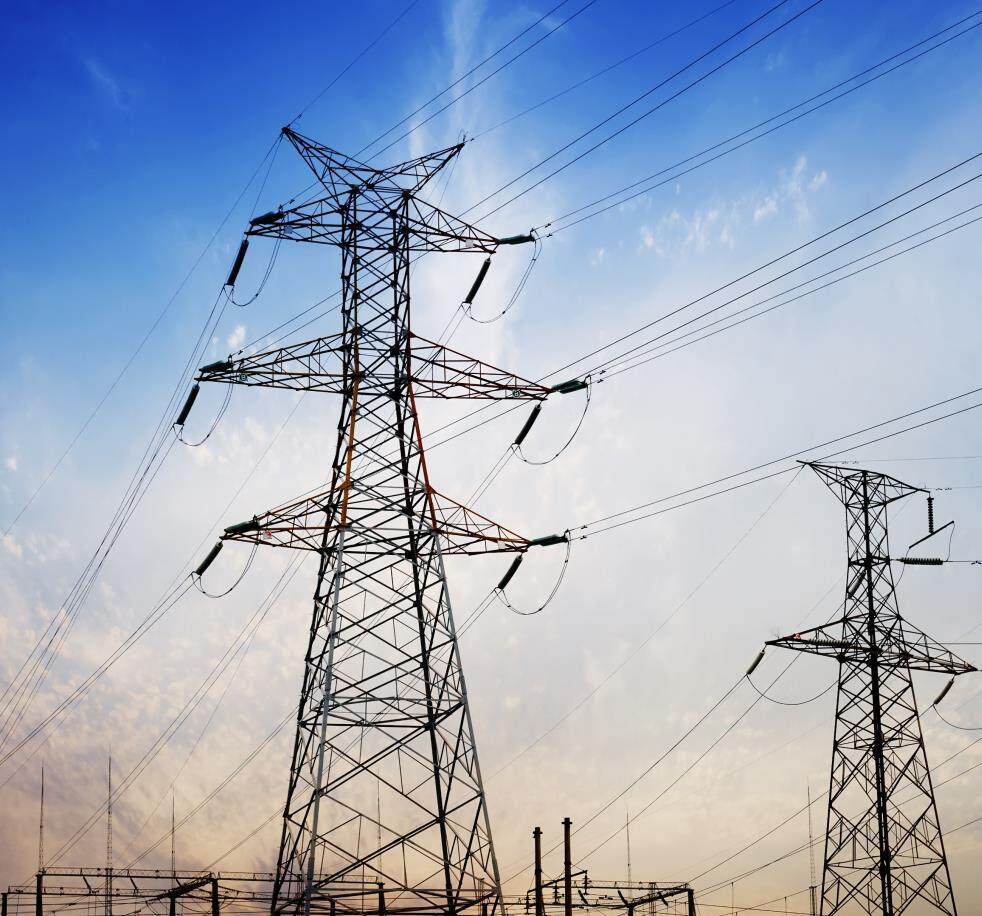
The bank invested in seven deals worth £610m in its first year and outlined its spending and investment plans for the first time. The portfolio will focus on five key areas: clean energy, transport, waste, digital and water, with clean energy receiving the largest portion of funding. Water and waste are listed as the smallest areas for funding, and the Bank says there is currently a lack of investment opportunities. With regard to low-carbon technologies in particular, the Bank's new strategy outlines a focus on low-carbon hydrogen, CCUS, decarbonizing buildings heat, financing retrofits and upgrades, and enabling local authorities to invest in zero-emission, electric vehicles and infrastructure s plan.
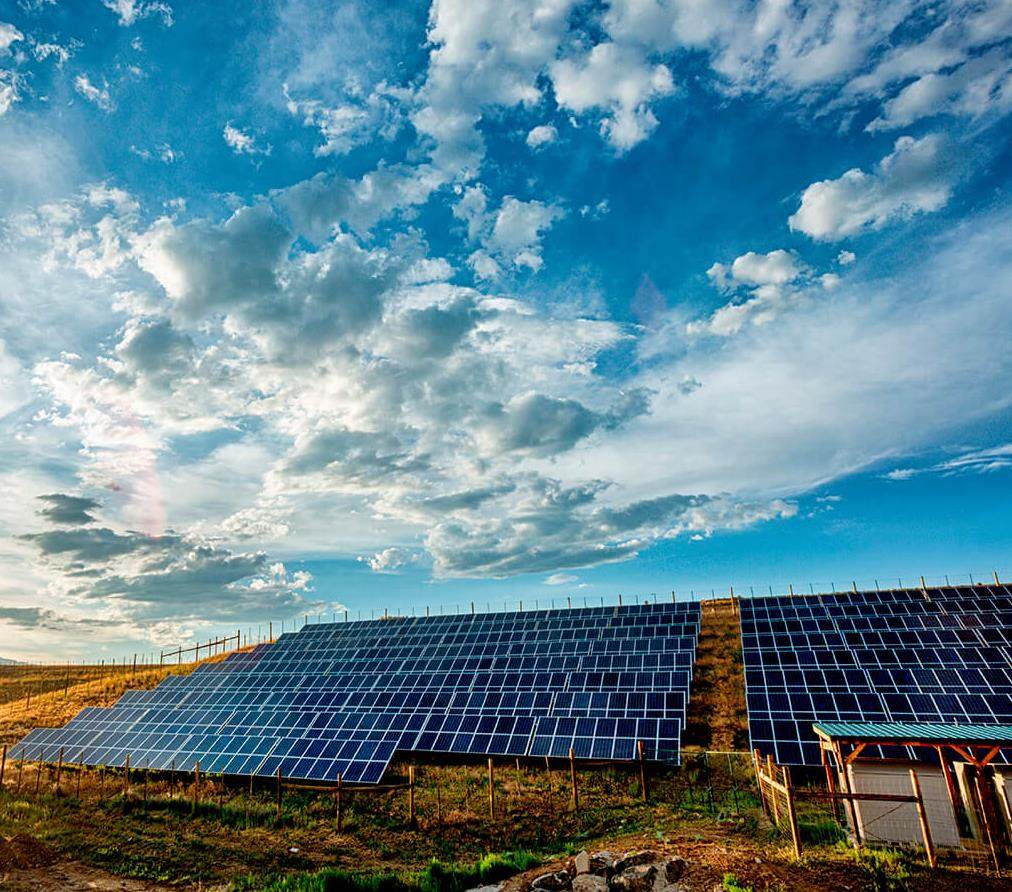
"We want our investments to shape the future," said World Bank CEO John Flint, and for the first time we have highlighted where we anticipate the greatest investment opportunities will deliver on our mission to combat climate change and regional inequality. The war in Ukraine is an economic earthquake that highlights our mission and the strategic importance of energy security to the future of the UK economy. Rising energy bills also show how we need to increase our domestic energy supply in the long run. We cannot achieve this alone. Across our broad mission, we want to work with partners in the public and private sectors to determine where our investments can have the greatest impact. "
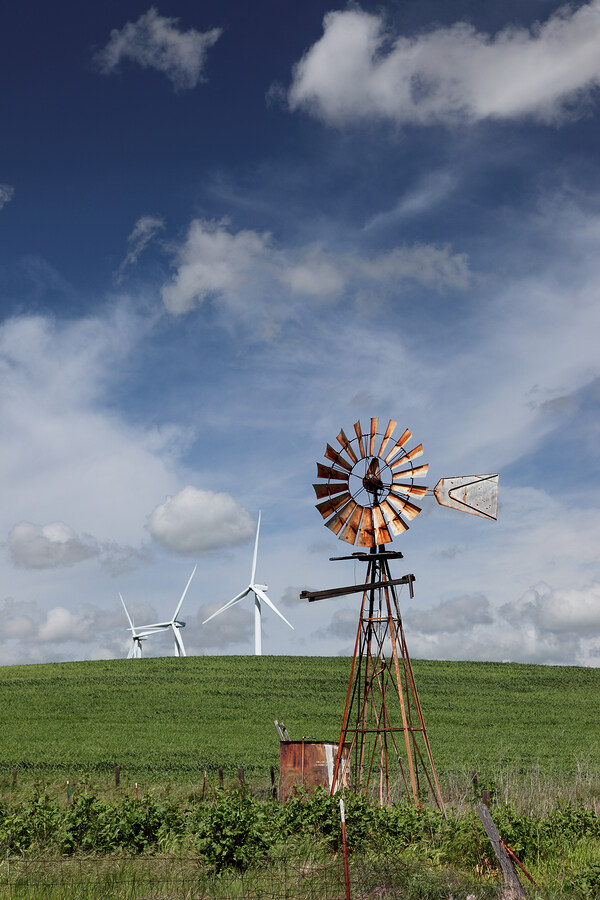
Flint added that the Bank will focus on achieving the triple bottom line approach of adhering to policy objectives, procuring private capital and generating a positive financial return on equity of 2.5% to 4%. The Bank aims to deploy up to £3bn a year in debt and equity and £2.5bn in guarantees, of which £22bn will be fully invested over the next five to eight years. The bank was first announced by Sunak in the 2020 spending review. It is designed to support major infrastructure projects, replace the role played by the European Investment Bank in the run-up to Brexit, and assist in the implementation of the National Infrastructure Strategy. The strategy was updated in November 2020 to take into account the UK's 2050 net zero target and the economic impact of Covid-19. Keywords: engineering construction, engineering news
Green groups have repeatedly asked for more information on how the Bank will support the UK's net-zero transition and have been blocked from supporting projects that do not meet this long-term, legally binding climate vision. UN senior climate action advocate Nigel Topping has been appointed as a non-executive director of the infrastructure bank to steer the government towards increased investment in green projects and initiatives.Editor/XingWentao
Comment
 Praise
Praise
 Collect
Collect
 Comment
Comment
 Search
Search


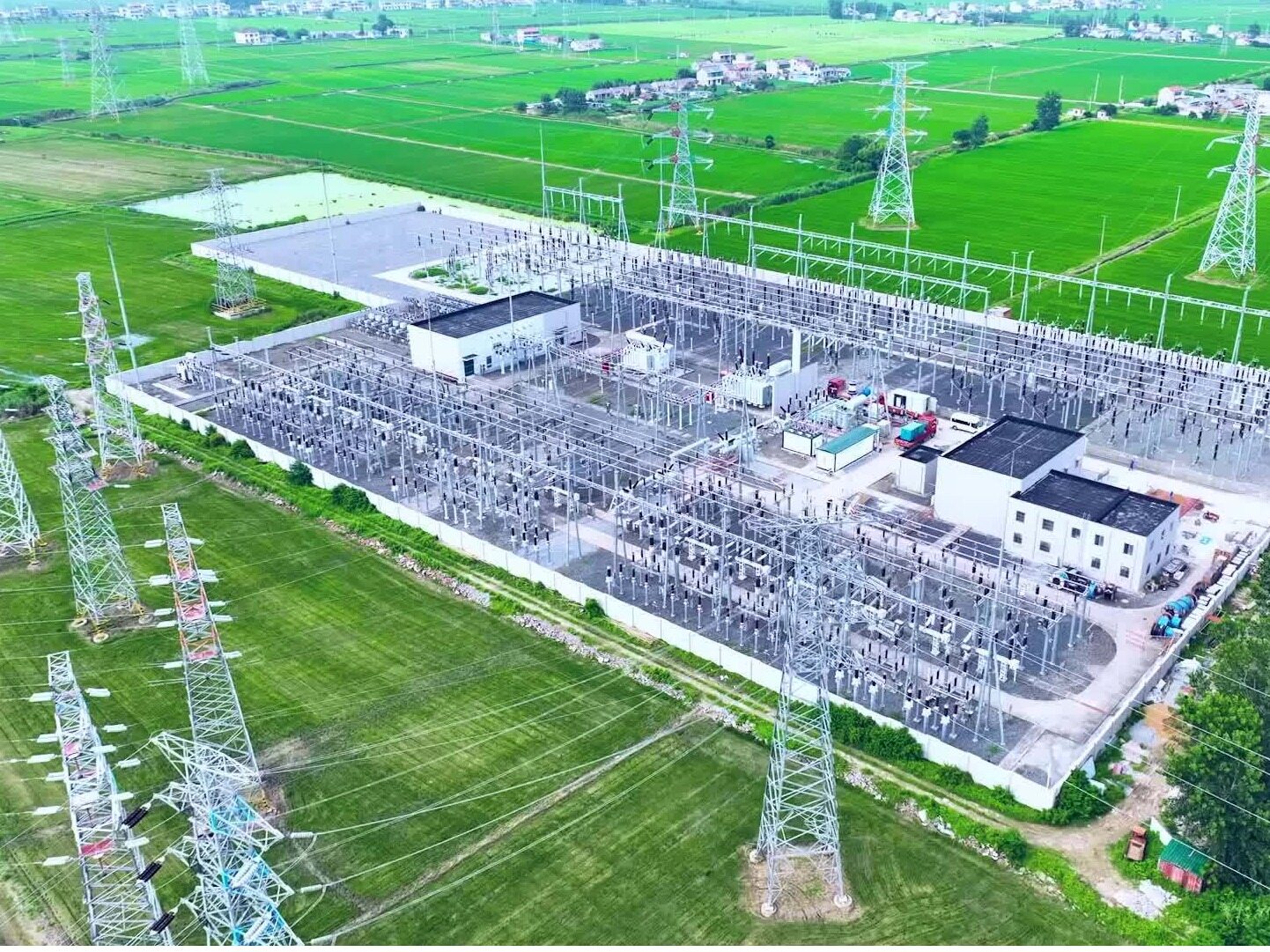
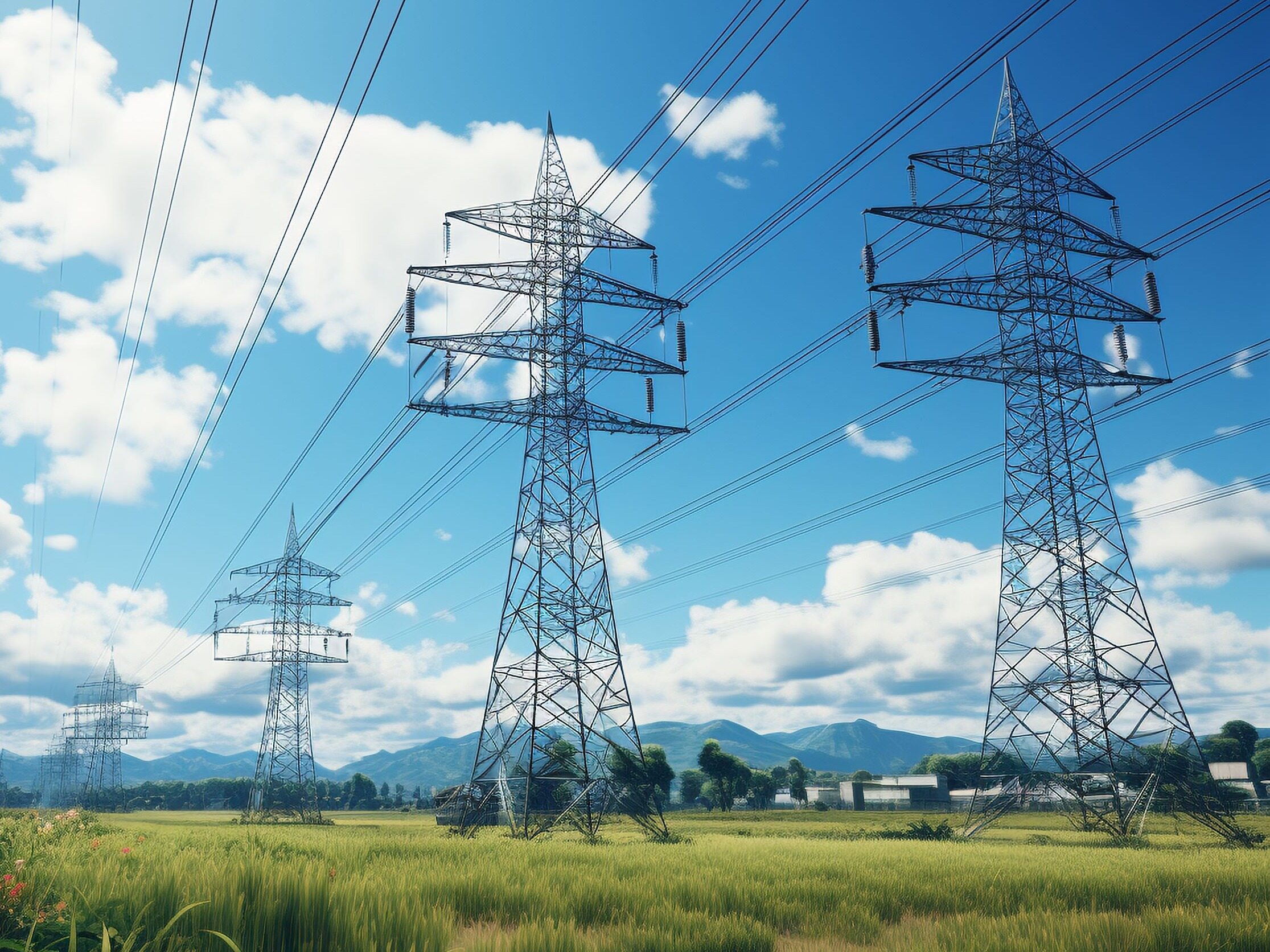
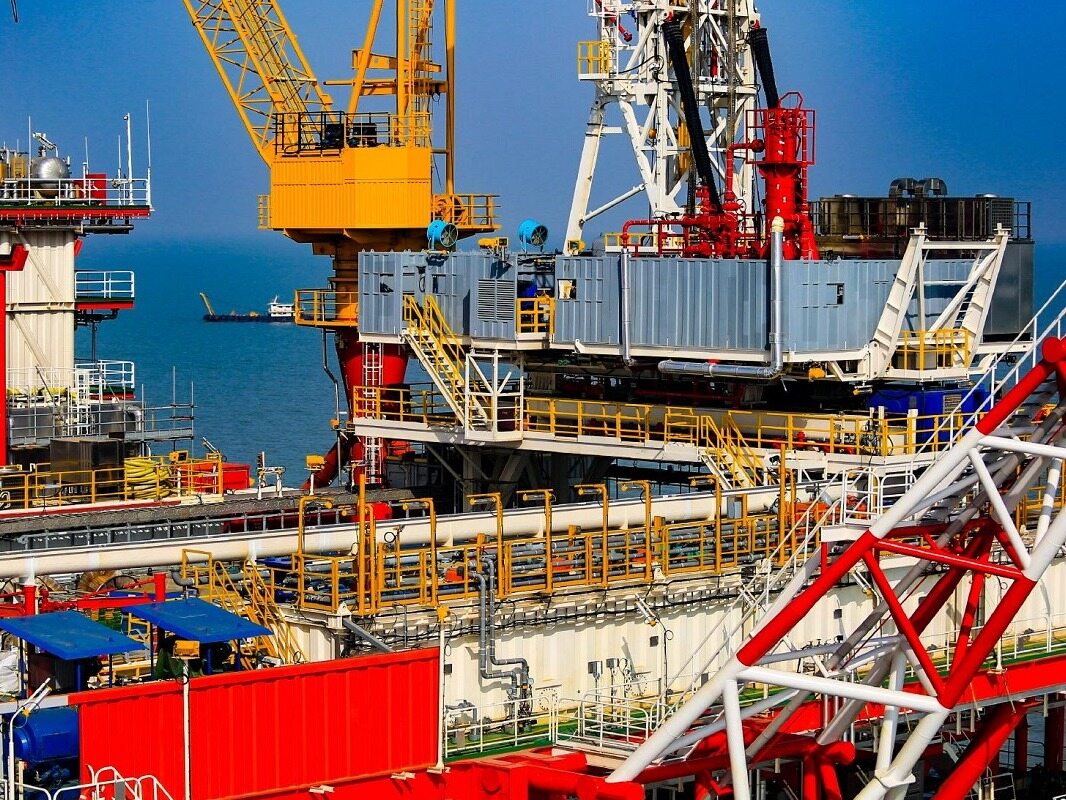

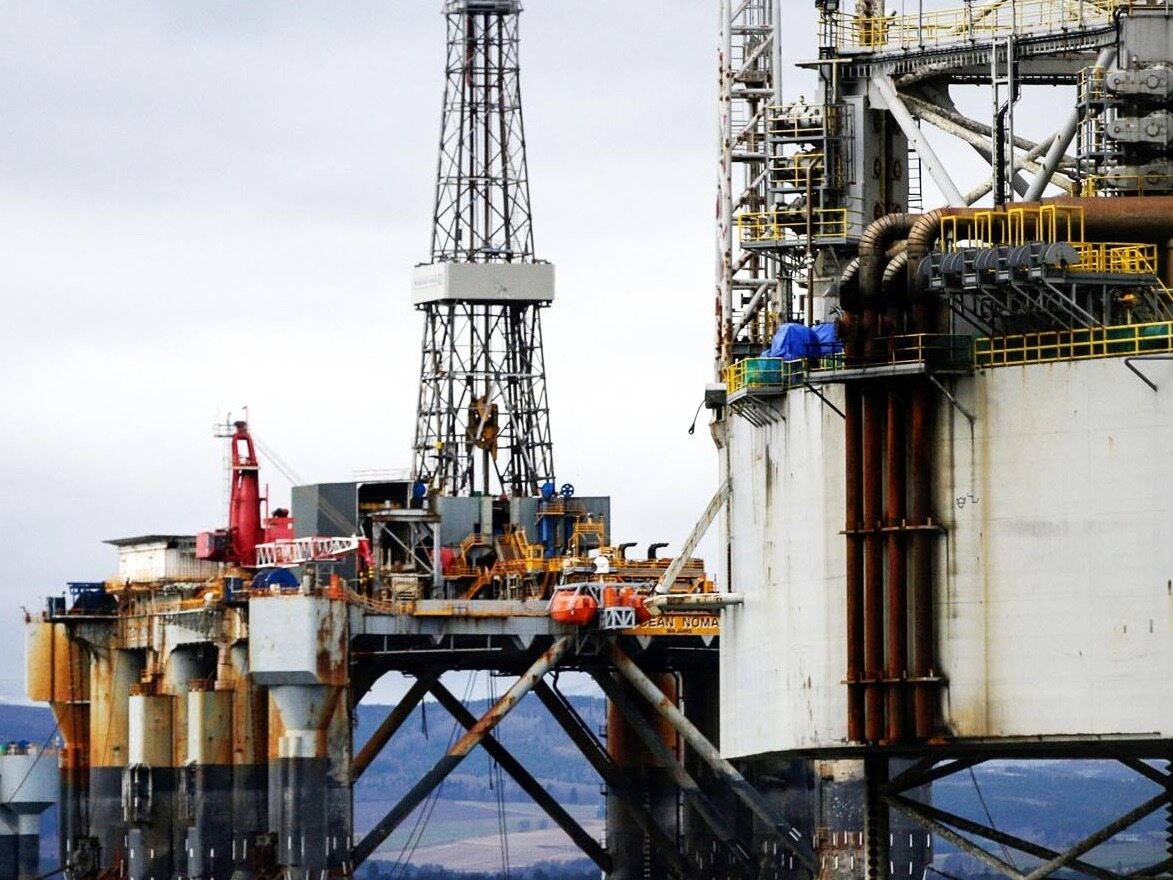
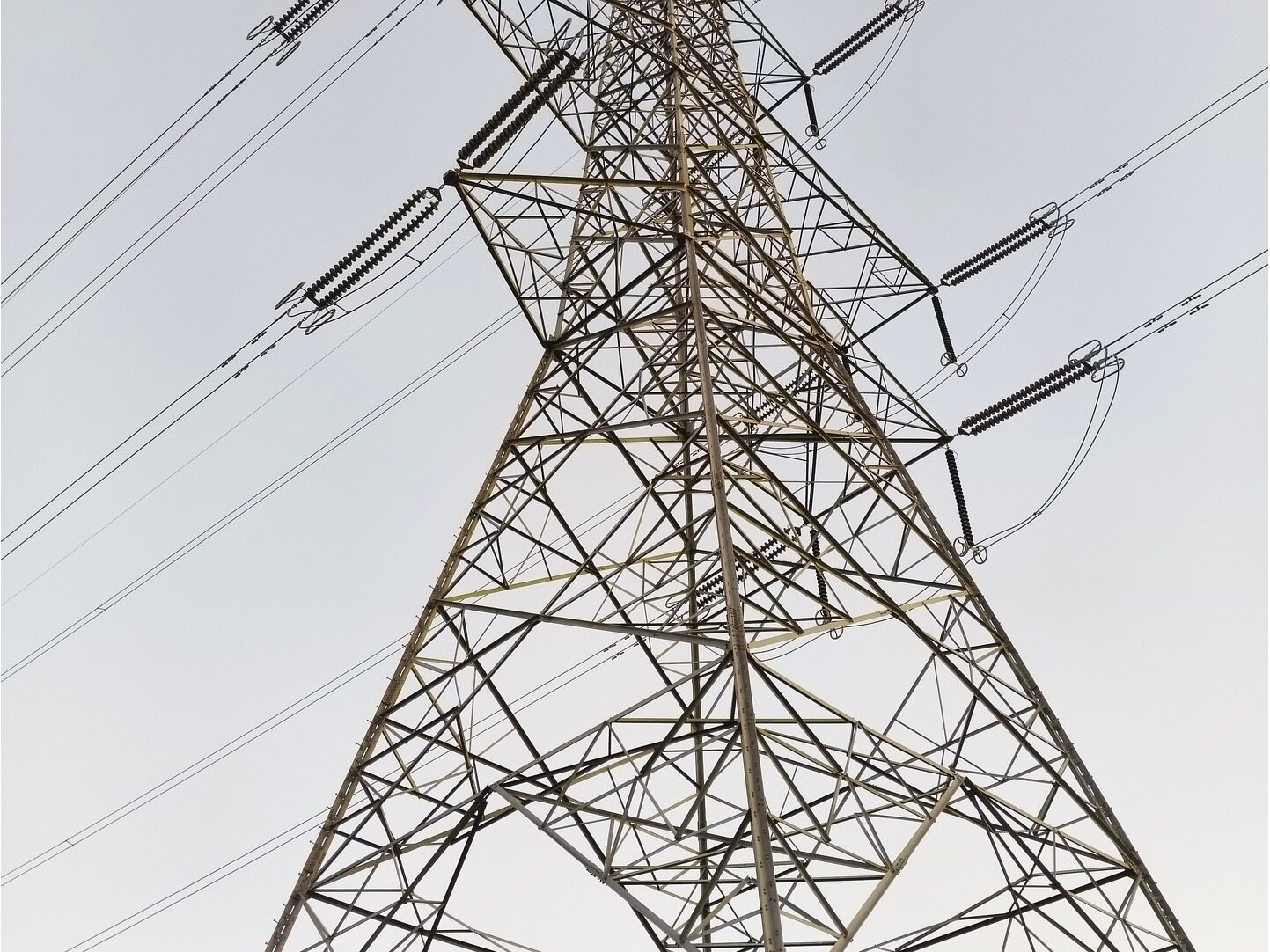






Write something~